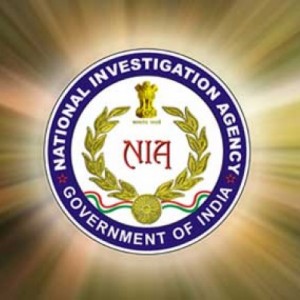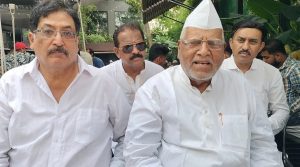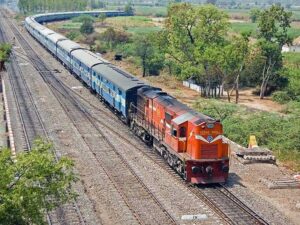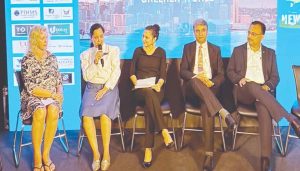Ram Temple to be built at Babri Masjid disputed land in Ayodhya : Supreme Court
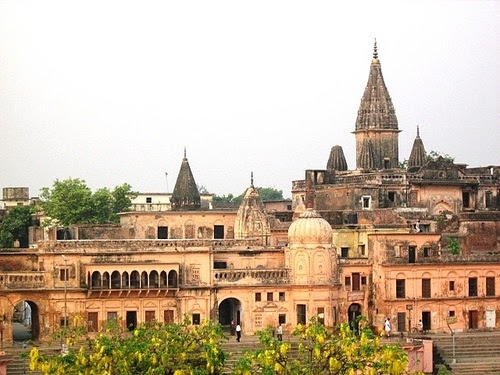
New Delhi, November 9,2019: The Supreme Court today ruled that Ramjanambhoomi-Babri Masjid disputed land in Ayodhya belongs to Ramlala and directed to the Central Government to make rules for Ram Temple construction within three months.
At the same time the court gave judgement that Muslims should be given five acres land from the already acquired land or at some prominent location in Ayodhya.
The apex court dismissed suit 3 by Nirmohi Akhara as it was barred by limitation.
“The Central Govt should within 3 months formulate a scheme envisaging setting up of Trust. Possession of inner and outer courtyards to be handed over to the Trust. A suitable plot of land measuring 5 acres to be handed over to Sunni Waqf Board either by Central Government or State Government. Sunni Wakf Board at liberty to construct a mosque at the allotted land”, the judgement states.
The court observed that Muslims have not brought evidence to show possessory title, there is no evidence to show the offer of Namaz by Muslims to the exclusion of Hindus. Hindus have been able to establish unimpeded possession of outer courtyard, Supreme Court.
“The disputed site is one composite plot. The inner courtyard is a contested site. Evidence indicates no abandonment of mosque by Muslims. Destruction of mosque against rule of law. The outer courtyard became a focal point of worshipping by Hindus. Riots of 1934 indicate that the possession of inner courtyard became a matter of serious contention. Muslims have not been able to establish possessory title to inner courtyard. Hindus believe that Lord Ram was born right below the central dome of the disputed structure. Both Hindu and Muslim witnesses indicate that Hindus and Muslims were offering prayers at the disputed site”, the judges observed.
The Ayodhya dispute is a political, historical and socio-religious debate in India, centred on a plot of land in the city of Ayodhya, located in Faizabad district, Uttar Pradesh. The issues revolve around the control of a site traditionally regarded among Hindus to be the birthplace of the Hindu deity Rama, the history and location of the Babri Masjid at the site, and whether a previous Hindu temple was demolished or modified to create the mosque.
The Babri Masjid was destroyed during a political rally which turned into a riot on 6 December 1992. A subsequent land title case was lodged in the Allahabad High Court, the verdict of which was pronounced on 30 September 2010. In the judgment, the three judges of the Allahabad High Court ruled that the 2.77 acres (1.12 ha) of Ayodhya land be divided into three parts, with 1⁄3 going to the Ram Lalla or Infant Rama represented by the Hindu Maha Sabha, 1⁄3 going to the Sunni Waqf Board and the remaining 1⁄3 going to Nirmohi Akhara. The judgment affirmed that the disputed land was the birthplace of Rama as per the faith and belief of Hindus, and that the Babri Masjid was built after the demolition of a Hindu temple, noting that it wasn’t built in accordance with the tenets of Islam.



